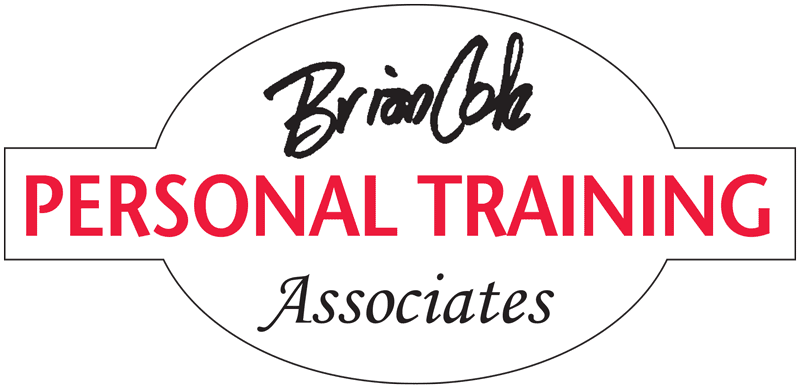In the early 1990s, shortly after taking office, Bill Clinton hosted a summit of the leading international economists to attempt to find some consensus moving forward. In the mountains of paper data to be evaluated, one word was relevantly (in retrospect) missing: the Internet. Which, of course, was not only relevant to the future economy but actually IS the economy.
My one regret. Now, to be this far along in life and only have one regret just requires an innate tendency to look at today and forward. (OK, a memory with convenient gaps helps). My regret is that my dad, a man with a high IQ and constant curiosity, never had the pleasure of accessing all of human knowledge and data with the use of a keyboard. Whew!
Tanzania is a country on the east coast of Africa. With a population of roughly 58 million, it is one of the poorest 15 countries in the world. Two thirds of the people live below poverty level. Over 90 percent live on approximately $2 per day. Please think about that for a brief moment as you read this in our advanced economy with our first world “problems.” It is also the home of the tallest free-standing mountain on the planet -— Mt. Kilimanjaro.
During my first climb of Kilimanjaro I met a young man I’m going to introduce you to: Kefasi Mollel. After about two days and nights of climbing, sitting in the tent where we ate, he came in and (in broken English but much better than my barely passable Swahili) introduced himself again.
“Hello, I’m Kefasi, the cook,” he said, “I noticed you haven’t been eating much of what I serve. Is there a problem with my cooking? What can I do?”
“No, no,” I replied. “I’m just a bland picky eater and also I think the altitude is messing with my system.” (Which, as it turned out, most of my systems — cognitive, digestive, muscular, respiratory — were messed up in many ways from the altitude).
So we sat and talked for an hour or so. Just the two of us. After a bit he offered: “I was a porter and one day I said, ‘Why Kefasi is just a porter?’ So I learned more English. And now I am moved up to cook. Next I will move up to be a guide. I want to be married and have a family. But first I have to study leadership and even better language.”
After some more about what is required to advance, the conversation shifted and I asked about his daily living when not climbing. He said, “I have nice home. Two rooms, one for eating and one for sleeping.” Bathroom? Electricity? Running water? Nope.
When we were back down off the mountain I asked about staying in touch. Actually I wanted to send t-shirts, sweatshirts, shoes, etc., but he said it would be a problem to get into the post office in town and bring boxes back home. There are few privately owned automobiles. OK, just an address so I can write? Still have to get into town post office. Then came the shocker: “I give you my e-mail address.” What? So he was living as I just described, but 1.5 kilometers from his home was an Internet café which he was using to his advantage. Now please take another brief moment to consider the opportunities technology offers for people in developing nations!
Most of you reading this grew up without the Internet, smart phones, even mobile cell phones. Heck, I remember only black and white TV. We can see the convenience of improved communication even as we deal with some of the problems that major changes always bring. But now the whole world is able to access visions of an improved life.
Fast forward now: Three years later I went back to climb again (my messed up systems kept me from reaching the summit that first attempt). He was, as he said he would be, a guide. So obviously he was my guide on that climb. Kefasi is now married, with a child, and living in a home with electricity and running water.

